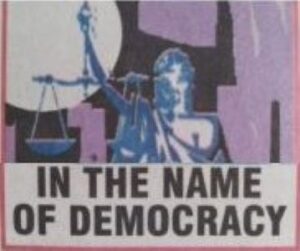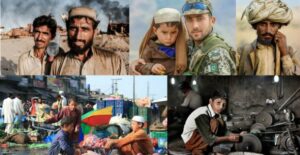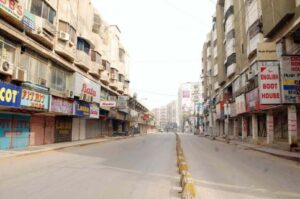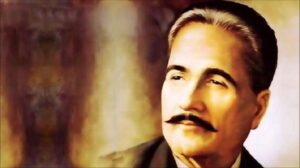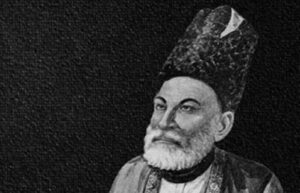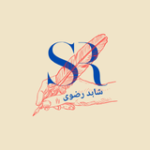Hello Mr. Nawaz Sharif!
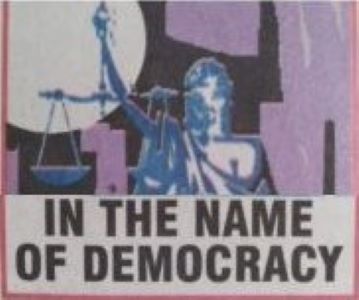
By Shahid Rizvi
Since PML-N has emerged as the single largest party in the recent election and is likely to form government in Centre and three provinces with a comfortable majority. It should be the responsibility of the future government to amend the constitution to meet the full requirements of parliamentary democracy.
Our constitution is hanging between dictatorship in the garb of democracy itself, more inclined towards dictatorship. To balance the Constitution, a clause should be added to empower the Prime Minister to oust the President through a simple majority no-confidence motion in the National and Provincial assemblies.
This clause would give powers of 58 (2) (B) to the Prime Minister and the Assembly also, thus fully balancing the constitution. The alternate amendment can be brought curtailing all powers of the President to interfere in day-to-day government work, making unnecessaries policy decisions, trying to control the machinery and supervise its implementation and then, in the end, deny their responsibilities for the results.
The constitution also needs an amendment to keep an elected government in power for its full tenure and no dismissal of government unless the assembly votes for its removal.
Another amendment is needed under the heading of Accountability. Corruption and defaults should be defined clearly. Non payments of utility bills for some hundred rupees should not be a default as it is a mockery of the process, and default and corruption should be made subject to scrutiny in normal courts having powers to punish the culprits, but please with the equity and consideration. Our constitution has become the adopted child of a dictator. The new assembly has the first task to give it real father’s name.
The recent judgment of the apex court is based on the legal aspects of this deformed constitution. Since clause 82 (2) (b) exists in the constitution, a president can take advantage of the same and the court gives sanction to it as the law is there.
No one can complain about the relief not given to parliamentary democracy. BBC is responsible for its comment that the judgement was a setback to parliamentary democracy.
The Human Rights report published in the USA recently said that our judiciary is not independent. It is their comments. What we find is a sense of insecurity. The judgement gives its free hand to the President against parliaments. He can manoeuvre through all means to keep the unconstitutional clause operative. He has the legal sanction behind it. Moreover, he has allegedly been involved in influencing the results of the February 3 elections which gave PML-N an unprecedented victory. Most of the people including Benazir Bhutto believe that poll results were engineered.
In the last attempt to save the parliamentary democracy, the House should consider amending the constitution by essentially creating a Grand Jury to help the courts in judgement, which will contradict such HR reports that our judiciary is not independent. Judges are not semi-gods. They are humans and there is no doubt they can go wrong. A jury will be an advisory body for it.
Another amendment, if needed can be brought to allow public criticism of the judgement of the courts. The judgement after the announcement becomes public property. The public must be allowed to express approval and disapproval of the judgement. In fact a judgment does not remain limited to law clauses, it goes much beyond it. It has implications and influences on the social political and economic life of the country. The public criticism also provides an opportunity to judges to improve their performance and make better use of powers of equity and relief.
Another amendment we suggest is that parties which are based on parochialism, the welfare of people of a community, language, claiming superiority of race, parties, claiming their main aim as propagation of religion or belief of any sect should be banned from taking part in politics or at least the slogan based on and indicating such trends should be strictly banned. It may clean the politics from most of the filth. In national politics there should be no Ahle-sunnat, no Fiqa Jafria, no Seraiki, no Mohajir, no regional parties.


